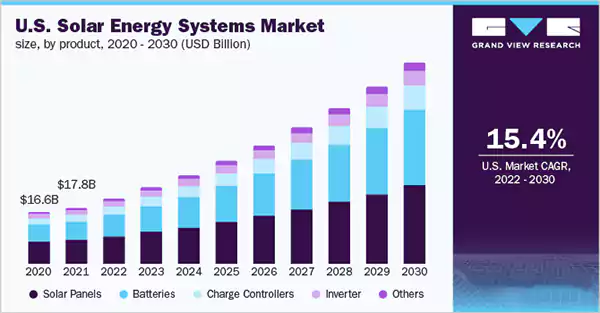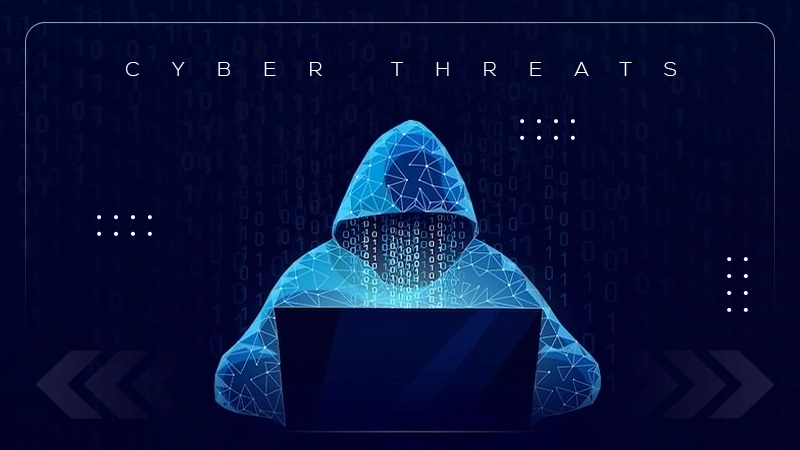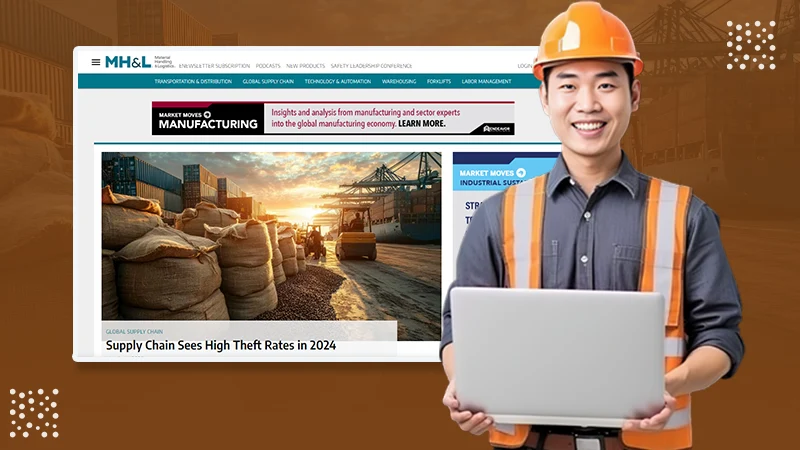How Smart Solar Savings Can Reduce Your Electricity Bills
Key Takeaways
- Solar power has become the most promising alternative as a cost-efficient method to save on electricity bills.
- As compared to traditional energy sources, solar power offers a clean and renewable source of energy.
- The incorporation of smart technology in solar power has helped homeowners track generation and usage patterns.
- With unparalleled opportunities, the combination of smart technology and solar systems offers homeowners smart saving solutions.
In an era of rising energy costs and increasing environmental awareness, homeowners are seeing alternative power solutions to operate their homes. One of the most promising options is solar energy, which not only reduces reliance on fossil fuels but also offers significant savings on electricity bills.
Through the integration of smart technology, solar savings are becoming even more accessible and efficient. This article will explore how smart solar savings can effectively reduce electricity invoices while benefiting the environment.
The Solar Advantage: Tapping into Renewable Energy
Traditional energy sources, primarily fossil fuels, contribute to environmental degradation and subject consumers to volatile pricing. Solar power, on the other hand, offers a clean and renewable source of energy.
Harnessing the sun’s power through photovoltaic (PV) panels will help homeowners generate current for their homes without emitting harmful greenhouse gasses. These systems have advanced significantly over the years, making them a viable and attractive option for a wide range of households.
The world has a capacity of generating 850.2 GW, out of which China is responsible for 308.5 GW.
Interesting Fact
Perovskite materials have a greater efficiency rate of 30% as compared to traditional silicon solar cells which have a 20% conversion rate.
Understanding the Cost Dynamics
The initial investment required for installing this system has deterred many homeowners. However, the long-term benefits far outweigh the upfront costs. Traditional electricity bills are subject to fluctuations in prices and additional charges.
In contrast, solar systems provide a fixed-cost solar savings solution. With smart financing options and government incentives, such as tax credits and rebates, the barrier to entry for sun energy has significantly reduced.
Integration of Smart Technology
Advanced technology is revolutionizing the way this renewable resource is harnessed and utilized. Smart solar setups have intelligent monitoring and control mechanisms that optimize energy production and consumption.
These systems utilize data analytics to track its generation and usage patterns, enabling homeowners to make informed decisions about power consumption.
Do You Know?
Approximately 4.4% of our global energy is produced from solar power.
Energy Storage: Balancing Generation and Consumption
One of its challenges has been its dependence on sunlight. Smart solar systems tackle this issue through energy storage solutions, such as solar batteries.
These batteries store the excess generated during the day, which can then be used during the evening or on cloudy days. Homeowners can reduce their reliance on the grid and further lower their electricity bills by intelligently managing its storage.

Dynamic Load Management
These systems incorporate load management strategies to optimize the consumption within the household. They prioritize energy usage based on real-time factors such as production, time of day, and current rates.
Appliances and devices can be scheduled to operate during peak solar production hours, minimizing the need to draw power from the grid. This dynamic load management not only reduces electricity bills but also enhances the overall efficiency of energy use.
Remote Management and Control
Advancements in connectivity have enabled remote management and control of smart solar systems. Homeowners can monitor and control them through mobile apps, even when away from home.
This capability empowers homeowners to make instant adjustments, switch between energy sources, and optimize their consumption.
Contributing to a Sustainable Future
Homeowners enjoy immediate financial benefits and contribute to a more sustainable future by adopting this technology. Generating clean energy reduces carbon footprints and lessens dependence on finite fossil fuels.
As more households transition to solar power, the collective impact on the environment becomes substantial. There are other applications that are spread across various sectors including agriculture, transportation, and commercial.
However, there are certain drawbacks to solar energy that should be taken into account. The foremost is that we need consistent sunlight for the system to absorb and harness it for further process.
On top of that clouds or foggy areas have low or negligible sunlight which makes it difficult to function. This is problematic for the areas with low sunlight exposure or the areas away from the equator.
In conclusion, the combination of sun energy and high technology presents an unparalleled opportunity for homeowners to leverage smart solar savings while promoting sustainability. As solar technology advances and smart systems become more sophisticated, the potential for reducing electricity bills becomes even more promising.
With a smart solar solution tailored to your needs, you can tap into the abundant power of the sun while enjoying substantial savings on your power supply bills.








